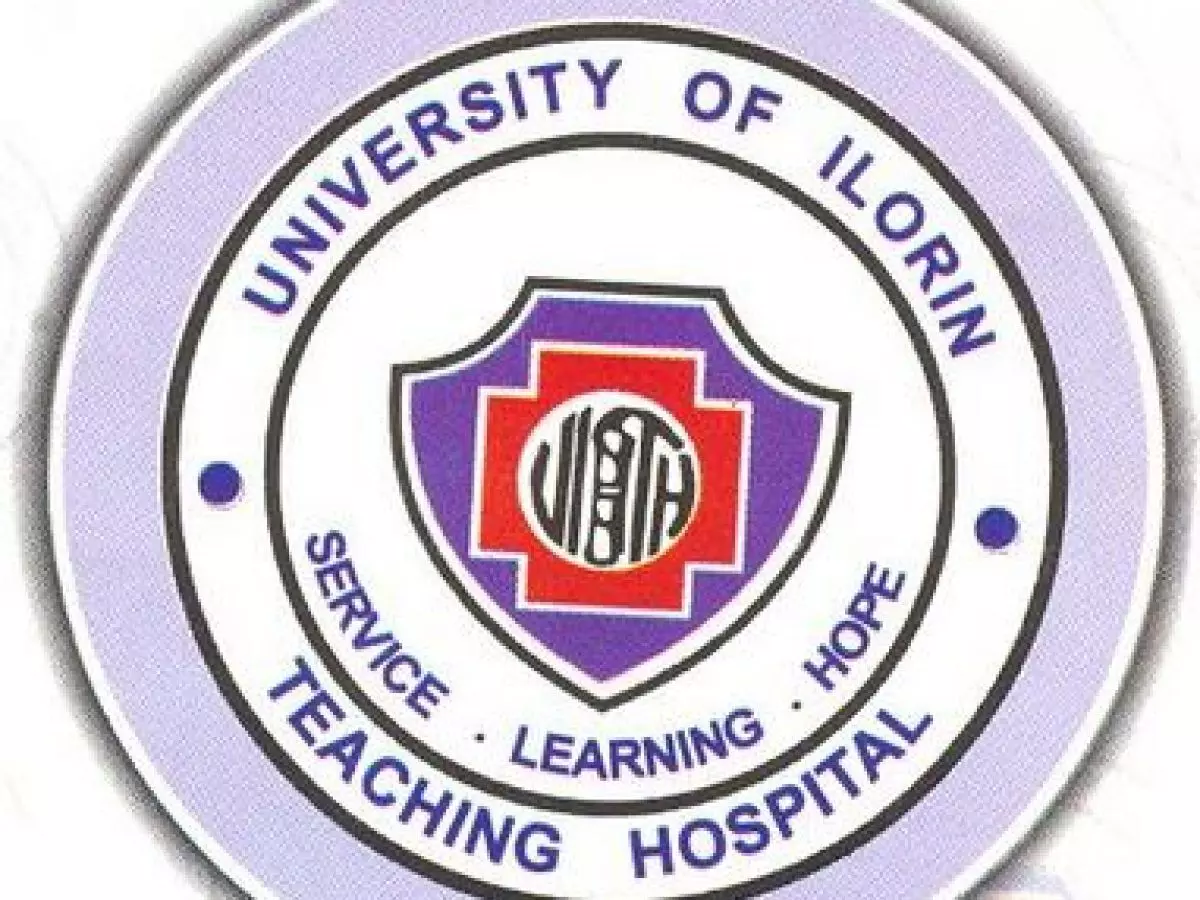Chemotherapy: Nigerian doctors Israel, partner on eye-cancer treatment

Some Nigerian doctors have partnered with Israeli surgeons to perform the first Intra-Arterial Chemotherapy (IAC) treatment for children with Retinoblastoma (cancer of the eye).
Prof. Dupe Popoola, Consultant Ophthalmologist at the University of Ilorin Teaching Hospital (UITH), made this known to the newsmen in Ilorin on Thursday.
Popoola said that this was part of the activities of the International Retinoblastoma Workshop facilitated by the Department of Ophthalmology of UITH.
She was spoke on the sidelines of training of health workers at the UITH.
Popoola explained that a six-man team from Israel are in the country to help Nigerian doctors build capacity to be able to perform IAC for children who have eye cancer, adding that this is the first of its kind.
The don, who teaches at the College of Health Sciences of the University of Ilorin, noted that the UITH had been performing Retinoblastoma surgery for decades, adding that the treatment has evolved overtime.
“The treatment of eye cancer for children at the UITH has evolved in which we just manage to save lives, to one that we manage to save eyes and not vision. But overtime we are able to save the vision,” she said.
She however lamented that lots of times when doctors are unable to save vision, is when parents present the children late when the disease had progressed.
The expert on eye diseases added that the IAC treatment has been used for some years in other countries, but due to high cost of treatment “we have not been able to do it in Nigeria.
“The medical team from Israel have come to help us in the treatment of Retinoblastoma so as to keep children alive, eye ball intact and their vision safe,” Popoola said.
She noted that even though the UITH is yet to have the facility for the surgery, the hospital has been supportive in the healthcare of children with the disease and had become a referral centre in the country.
Popoola explained further that three children from Taraba and Abuja were brought to UITH for the surgical interventions.
“The Israeli physicians and their Nigerian counterparts however had to utilise the facility at the First Consultant Hospital in Lagos, using the IAC to treat the three children.
“This is because there are no facilities for the IAC intervention in the UITH,” the don explained.
She appealed to the Federal Government to establish necessary facilities and laboratories for the treatment of Retinoblastoma in UITH, adding that about 400 children are expected to develop the disease every year in Nigeria.
The expert also canvassed for the establishment of health facilities dedicated for the treatment of eye diseases across the six geopolitical zones of the country.
Besides, the consultant appealed to all stakeholders to fund the treatment of the disease, saying that it is a very expensive disease to manage and that treatment is lifelong.
Prof Didi Fabian, an Ophthalmologist at Sheba Medical Centre, Israel, explained that the UITH facilitated the interventions which they were happy to key into.
He described Retinoblastoma as an eye cancer that begins in the retina, which is the sensitive lining on the inside of the eye.
According to him, the eye disease most commonly affects young children, but can rarely occur in adults.
“The retina is made up of nerve tissue that senses light as it comes through the front of the eye. The retina sends signals through optic nerve to the brain, where these signals are interpreted as images.
“The rare form of eye cancer is the most common form of cancer affecting the eye in children and may occur in one or both eyes.
“It occurs when nerve cells in the retina develop genetic mutations. These mutations cause the cells to continue growing and multiplying when healthy cells would die. This accumulating mass of cells forms a tumor,” he said.
Fabian explained further that symptoms include eyes that appear to be looking in different directions, poor vision, eye redness and eye swelling.
He added that due to large population, Nigeria has a high burden of the disease, adding that incidences are constant and subject to where there are high birth rates.




